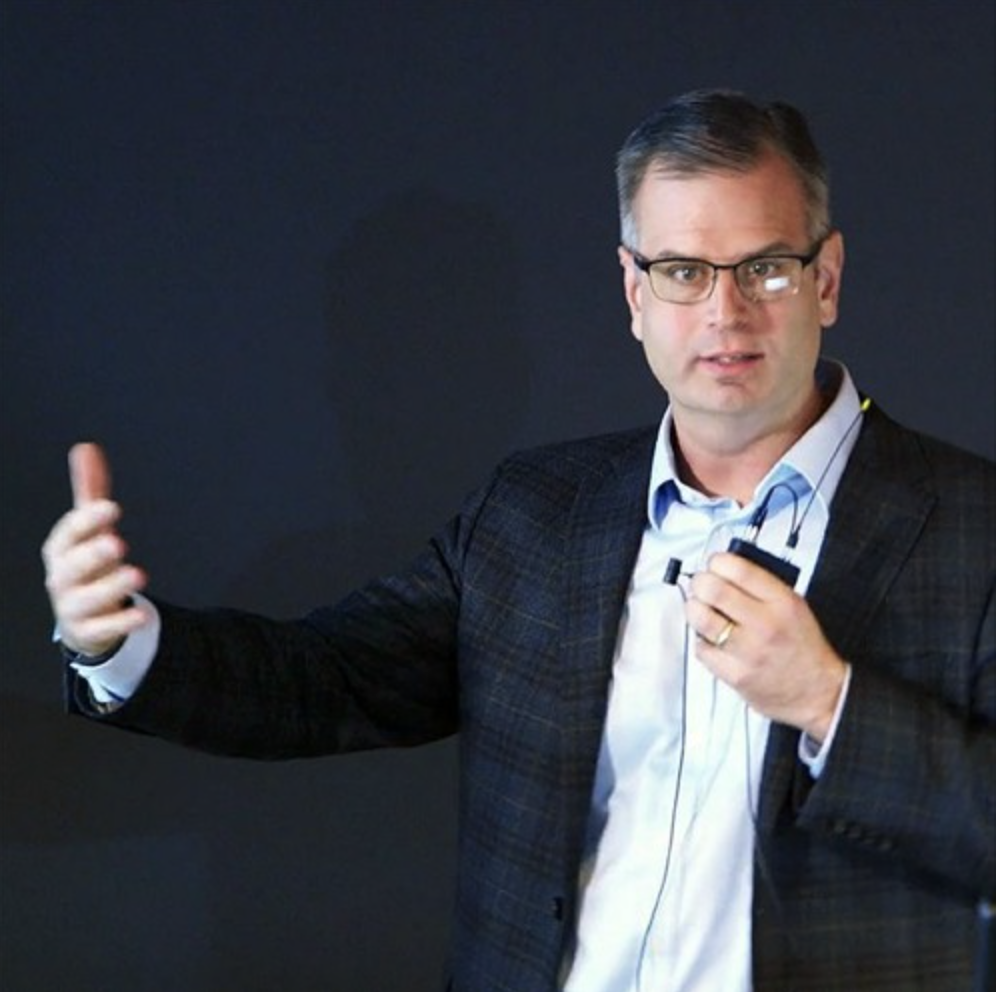Chirik Leads Princeton Team in DOE Upcycling Project
The Department of Energy (DOE) has awarded new funding to a team of Princeton chemists and engineers led by Paul Chirik, the Edwards S. Sanford Professor of Chemistry, as part of its investment in national technology solutions to reduce plastic waste.
The Chirik team received funding for their project “Chemically Recyclable Polyolefins,” which seeks to expand foundational research on a polyolefin Chirik discovered earlier this year called oligocyclobutane. Oligocyclobutane has enormous potential to be “unzipped” from a polymer back into a pristine monomer, an essential first step in the use-and-reuse sustainability process known as closed-loop recycling.
Faculty collaborators on the project include: Emily Davidson, Assistant Professor of Chemical and Biological Engineering; Rodney Priestley, the Pomeroy and Betty Perry Smith Professor of Chemical and Biological Engineering, and University Vice Dean for Innovation; Richard Register, the Eugene Higgins Professor of Chemical and Biological Engineering; and Michael Webb, Assistant Professor of Chemical and Biological Engineering.

Paul Chirik, the Edwards S. Sanford Professor of Chemistry and lead of the newly funded team.
The DOE will disburse $25M in funding over three years to 10 research projects across the country run by seven university-based groups and three national laboratories. Other awardees include, for example, the University of Pennsylvania, Texas Tech University, and Oak Ridge National Laboratory. Projects were chosen based on peer review.
“Polymer upcycling holds the promise of boosting reuse of plastic waste and lowering the energy costs and impacts of plastic production,” said Dr. Steve Binkley, acting director of the DOE Office of Science. “This research will provide insights into chemical and materials phenomena that will be critical to accelerating developments in this emerging area.”
Last January, Chirik published research on the discovery of oligocyclobutane in Nature Chemistry, a finding that was declared “transformational” because of the molecule’s capacity to be unzipped back to a monomer and also because of its unprecedented structure – a repeating chain of squares that could presage interesting properties.
“This DOE award is really about the ability to do new science. It’s so rare for a new polyolefin to come along. We’re looking at a new plastic, so it’s time for us to figure out what the properties of this material are. You have to do all the materials testing, all the modeling, all the properties,” said Chirik.
“The amazing part is that, with this DOE funding, we’ll now be able to interface a polymer scientist, a material scientist, a synthetic chemist, and a computational expert and get us all together on common ground with this new polymer structure.”

Collaborators (clockwise) Emily Davidson and Michael Webb, assistant professors of Chemical and Biological Engineering; Rodney Priestley, Pomeroy and Betty Perry Smith Professor of Chemical and Biological Engineering, and University Vice Dean for Innovation; and Richard Register, Eugene Higgins Professor of Chemical and Biological Engineering.
Register is an expert on polymer chemistry. His lab, for example, will guide the team in characterizing the properties of oligocyclobutane.
“Building on the ‘polymer of squares’ discovery in the Chirik lab, our team has the combination of expertise—in catalysis, structure-property relationships, polymer processing and degradation—needed to develop this new polymer as a chemically recyclable alternative to current polyolefins,” said Register. “We’ll work on extending the current polymer of squares into longer chains, so that films or other articles made from it will be ductile and not brittle.”
Davidson added: “My lab and Rod Priestley’s group will be collaborating to really understand and engineer how the new polyolefin can be chemically recycled in a controlled, on-demand way. We will be studying interactions between the catalyst that drives depolymerization and the material properties (for example, crystallinity), and understanding what kinds of environments are most advantageous for chemical recycling.”
Webb’s group studies molecular simulation and in silico-oriented design, and will have two roles based on that expertise.
“My understanding is these materials are challenging to make and there are many directions to take these polyolefins,” said Webb. “So first, using simulations and optimization techniques, we want to explore the performance characteristics of potential materials and identify what is ‘worth’ pursuing experimentally.
“Second,” Webb added, “for anything that is experimentally realized, we will perform detailed characterization to strengthen our overall understanding of how these materials function at the molecular level.”
Read the DOE’s full press release here: https://www.energy.gov/science/articles/department-energy-announces-25-million-investment-polymer-upcycling-research.
